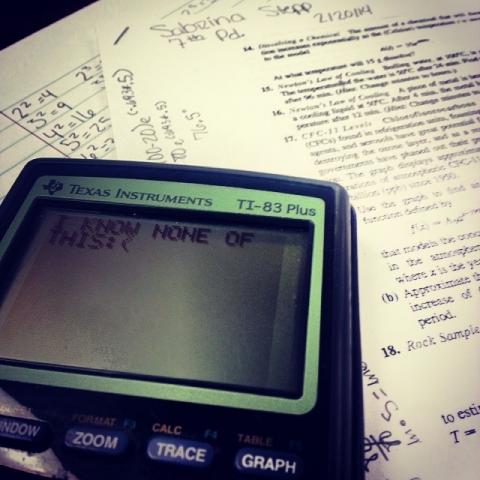Want to Become a Better Writer? Write!
Jul 05,2016
My chosen career field has made writing a huge part of my life. From articles to blog posts to school research projects, few days go by when I don’t have a writing assignment to complete.
Despite the fact that writing can be time-consuming and mentally draining at times, writing frequently is almost guaranteed to improve your writing skills, which are essential in today’s world.
If you believe your writing could use improvement, there are several easy ways you can exercise your creative juices and enhance your skills.
1. Write letters to friends or family.
Letter-writing may seem like an archaic task, but nevertheless, it is great practice for channeling your emotions and experiences and translating them into words.
Start out by writing letters to your immediate family or close friends. These people likely know a lot about you already, so your writing should come naturally, as if you’re talking to them in person.
For more of a challenge, write to a long-distance family member or friend. These people may not know you as well, forcing you to concentrate more on your wording and descriptions.
If you feel comfortable sending your letters, go for it! If not, know that writing them was great practice that will get easier the more you do it.
2. Become a blogger.
There are millions of blogs and millions of bloggers out there, some of which are writing-focused and others of which are concentrated on multimedia.
If your goal is to enhance your writing, create a writing-focused blog about anything, from your own personal musings on life to your take on world events.
Another way to improve your writing is to compare your blog to other blogs with a large following. Think about what sets your blogs apart, and jot down some writing style tips that you can incorporate into your own writing.
3. Write creative works.
From poems to short stories to screenplays, creative writing is one of the best – and most challenging – ways to boost your writing skills.
Understandably, some people are more creatively inclined than others. However, this shouldn’t deter you from creating something that you can feel proud of, or at least learn from.
Creative writing also provides a good opportunity to practice your editing skills. Once you’ve completed your work, set it aside for a while and reread it later, asking yourself if it makes sense, has errors or conveys the message you intended.
4. Keep a journal.
If you’re looking for the most simple and easy way to practice writing, try keeping a daily journal, either on a computer or in a notebook. Journaling is not only good practice for writing, but it can also serve as a calming activity after a long day.
Journaling topics are endless; you could literally write about anything you want. However, keep in mind your writing style and grammar as you’re journaling if you want to have the best chance of improving your skills.
Though practice may not make your writing perfect, it can make a noticeable difference in the readability and clarity of your work. So, what are you waiting for? Get writing!






